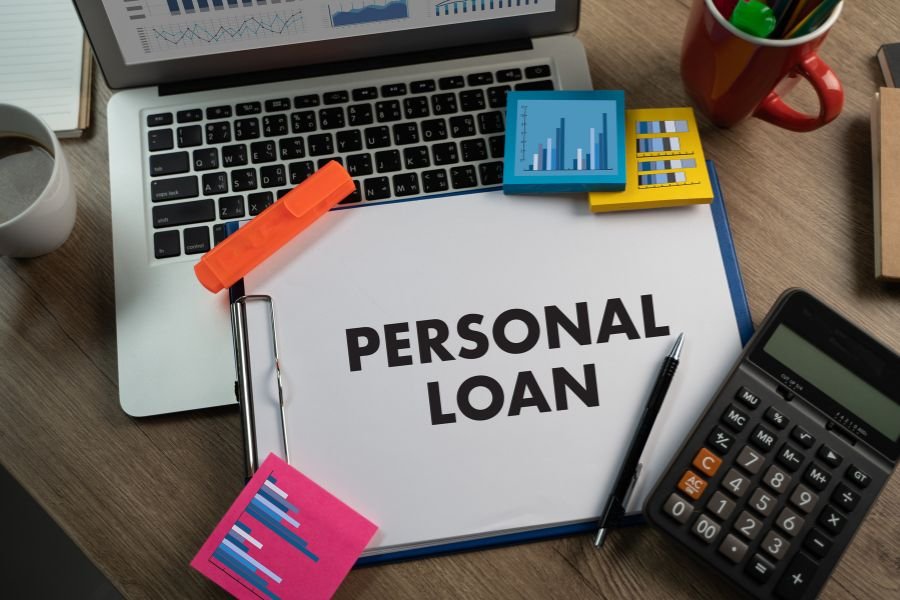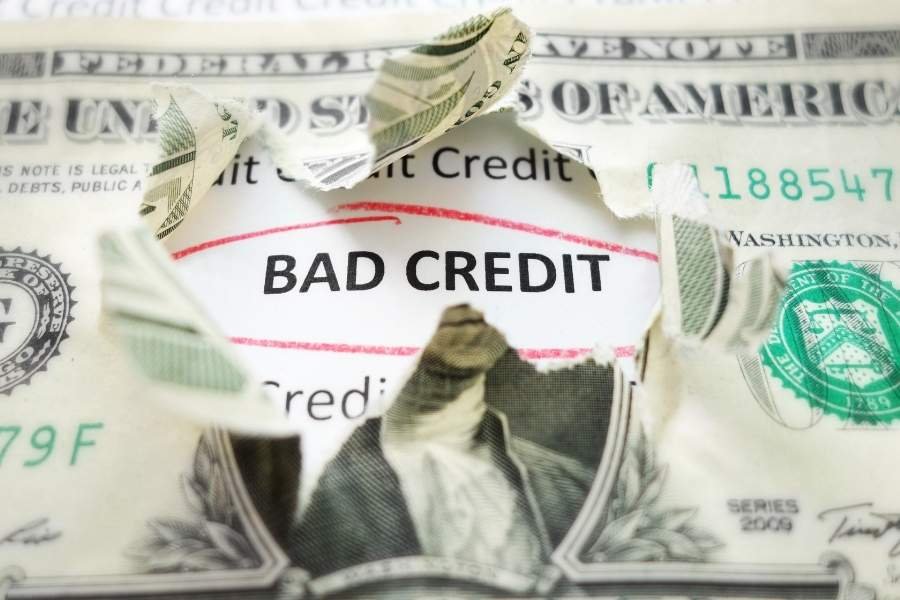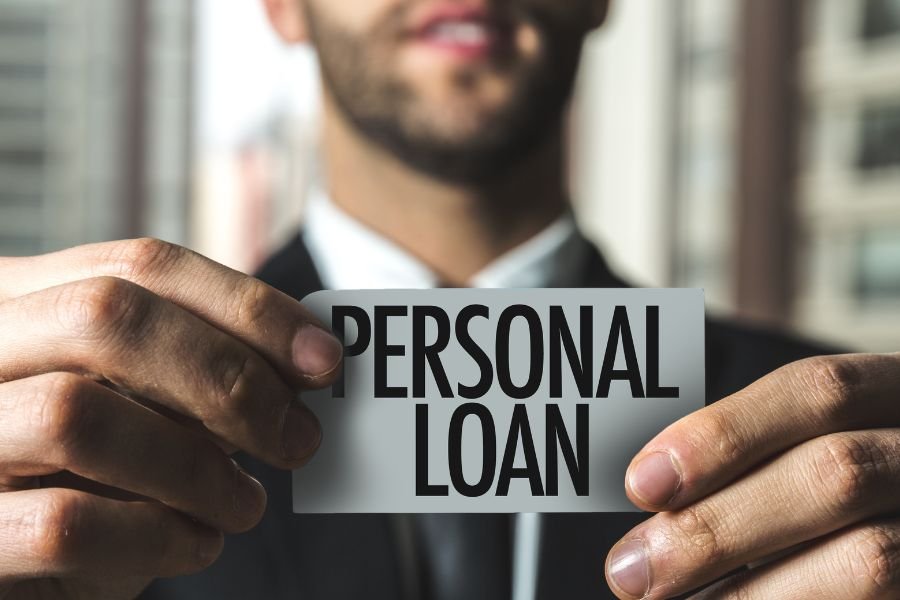When it comes to borrowing money, one of the first decisions you’ll need to make is whether to apply for a secured loan or an unsecured loan. Both options come with their own set of advantages and disadvantages, and understanding the difference between the two can help you make an informed decision. In this comprehensive guide, we’ll explore the pros and cons of secured and unsecured loans, compare personal loan interest rates from various banks, and help you choose the best option for your needs.
What is a Secured Loan?
A secured loan is a type of loan where the borrower pledges an asset as collateral to the lender. This could be anything from property (like your house) to vehicles or even savings accounts. Because the loan is backed by collateral, the lender has more security in case the borrower defaults on repayment.
Advantages of Secured Loans:
- Lower Interest Rates: Because there’s less risk for the lender, secured loan interest rates are typically lower than those for unsecured loans. This can make it an attractive option for borrowers who need to borrow large sums.
- Higher Loan Amounts: With collateral involved, lenders are more willing to offer larger loan amounts.
- Flexible Repayment Terms: Secured loans often come with longer repayment periods, making monthly payments more manageable.
Disadvantages of Secured Loans:
- Risk of Losing Collateral: The biggest risk with a secured loan is that if you fail to repay, the lender can seize your collateral (property, car, etc.) to recover their losses.
- Lengthy Approval Process: The process of evaluating collateral and verifying your loan application can take longer than unsecured loans.
- Eligibility: Not everyone has assets to offer as collateral, which can make it harder for some borrowers to qualify for a secured loan.
What is an Unsecured Loan?
An unsecured loan, on the other hand, does not require any collateral. Lenders provide the loan based purely on the borrower’s creditworthiness (credit score, income, etc.). This makes unsecured loans riskier for lenders, which is why they often come with higher interest rates compared to secured loans.
Advantages of Unsecured Loans:
- No Risk of Losing Assets: Since there is no collateral involved, you won’t risk losing any property or assets if you fail to repay the loan.
- Quick and Easy Application: Unsecured loans usually have faster approval processes since there’s no need to assess collateral, making them a good option for borrowers in need of quick funds.
- Flexible Use: You can use the funds from an unsecured loan for almost any purpose, whether it’s paying off medical bills, consolidating debt, or financing a wedding.
Disadvantages of Unsecured Loans:
- Higher Interest Rates: Since unsecured loans pose a higher risk to lenders, they typically come with higher interest rates than secured loans. The personal loan interest rate can vary widely depending on your credit score and financial profile.
- Lower Loan Amounts: Without collateral, lenders may not be willing to lend as much money. This can make unsecured loans less ideal for large expenses.
- Tougher Eligibility Criteria: Lenders tend to offer unsecured loans only to borrowers with strong credit histories. This can make it more difficult for individuals with low credit scores to qualify.
Comparing Personal Loan Interest Rates from Various Banks
When deciding between a secured and unsecured loan, one of the most important factors to consider is the interest rate. Here’s a comparison of personal loan interest rates across several popular banks and financial institutions to give you an idea of what to expect.
Secured Loan Interest Rates:
- SBI (State Bank of India): For secured personal loans like home loans or gold loans, SBI’s interest rates range from 7.5% to 9.0% per annum.
- HDFC Bank: Secured personal loans generally have an interest rate starting at 8.0%, depending on the loan type (home, car, or gold).
- ICICI Bank: Secured loans in ICICI Bank can come with interest rates starting from 7.75% for home loans.
Unsecured Loan Interest Rates:
- Bajaj Finserv: For unsecured personal loans, Bajaj Finserv offers interest rates ranging from 11.99% to 15.99% per annum, depending on the borrower’s credit profile.
- Axis Bank: Personal loan interest rates from Axis Bank range from 10.5% to 24%, with rates varying based on your creditworthiness.
- HDFC Bank: HDFC Bank’s unsecured personal loan rates range from 10.50% to 21%, again depending on your eligibility.
Comparison of Loan Interest Rates:
| Bank | Secured Loan Interest Rate | Unsecured Loan Interest Rate |
| SBI | 7.5% to 9.0% | 10.5% to 13.5% |
| HDFC Bank | 8.0% | 10.50% to 21% |
| ICICI Bank | 7.75% | 11.5% to 22% |
| Bajaj Finserv | N/A | 11.99% to 15.99% |
| Axis Bank | 8.5% to 9.5% | 10.5% to 24% |
As you can see, secured loans generally offer lower interest rates, which can make them a better option for large loan amounts or long-term financing needs. However, if you don’t have collateral to offer or need funds quickly, an unsecured loan might be the better option despite the higher interest rate.
Which Loan is Right for You?
Choosing between a secured and unsecured loan depends on several factors, including your financial situation, the amount of money you need, and your risk tolerance.
Opt for a Secured Loan if:
- You need a large sum of money (e.g., for home improvements, purchasing a car, etc.).
- You have valuable assets that you can use as collateral.
- You’re looking for lower interest rates and longer repayment terms.
- You’re comfortable with the risk of losing your collateral in case of default.
Opt for an Unsecured Loan if:
- You don’t have assets to pledge as collateral.
- You need funds quickly or for smaller amounts.
- You prefer not to risk your property or assets.
- You have a strong credit history and can qualify for favorable interest rates.
Conclusion
In summary, secured loans offer lower interest rates and higher loan amounts, but come with the risk of losing collateral if you fail to repay. On the other hand, unsecured loans do not require collateral and are easier to apply for, but come with higher interest rates. By considering your financial goals, eligibility, and the type of loan you need, you can decide which option is best for you.
Before applying for any loan, always compare personal loan interest rates across different banks and financial institutions to find the most favorable terms. Whether you choose a secured or unsecured loan, make sure to assess your financial situation thoroughly to ensure that you can comfortably meet your repayment obligations.



